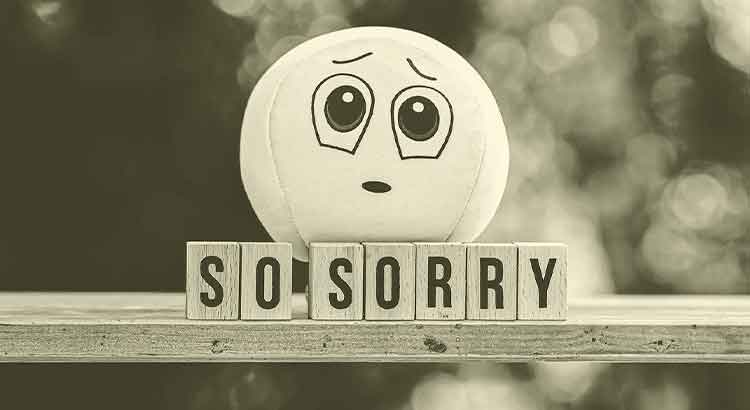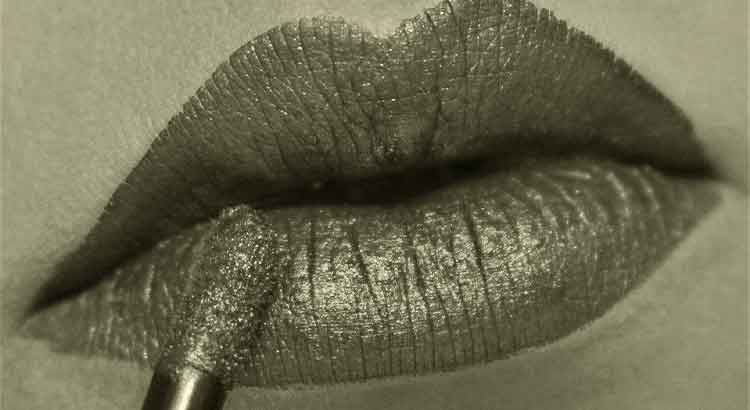There is a wall between independent thought and popular thought that almost always makes repugnance between them. The interest of the masses is, by definition, contrary to individual interest. This means that to endorse popular discourse is to be contrary to oneself, is to see one’s own singularity diluted, is to be, in short, a nobody. And, of course, the nobody envies the dissident, the holder of the courage he lacks, so “the nail that stands out is hammered.” The coward rejoices at the approval he gains from his cowardice, feels accepted and safe. On the other hand, he lacks a headstone so he will not be forgotten… That’s all right. His friends will never let him miss the headstone.
____________
Read more:



